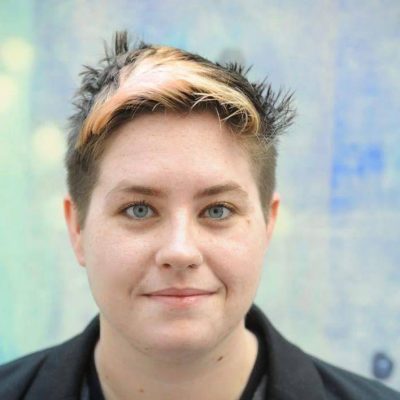Article
all.txt is a text editor app that not only corrects texts but also provides text samples for inclusive gender neutral language in German.
In the German language, a binary segregation of meaning has been established, which lead to the erasure of the six biological sexes as well as intersex, trans, and nonbinary people. This makes it nearly impossible to transmit inclusive gender experience through communication. To avoid further polarization and bridge the gap, this app will aid users to de-gender their communication and therefore reduce the amount of misgendering in digital exchanges. Thus, it will help create a practical approach to overcome knowledge disparities in de-gendered language.
We encounter gendered language on a daily basis.
We encounter gendered language on a daily basis. For example, when addressing people in a professional email, many still use the term “Sehr geehrte Frau” or “Sehr geehrter Herr” and add the last name, instead of simply saying “Sehr geehrte*r full name” or “Hallo full name”. Gender Neutral language is not only inserting an “*” or “:” between the gender indicators. It goes a step further and makes use of gender neutral words. For example, instead of saying: “She is a psychologist” directly translated “Sie ist eine Psychologin,” one would say “Person X arbeitet als Psychologische Fachkraft” in English “Person X works as a psychologist.”
To adapt a new speaking practice, guidance, and understanding, this software aims to bridge these gaps. To avoid misgendering and discriminating against someone that you want to approach for collaborative work, the text editor will provide text suggestions to transform a text from gendered to inclusive German language.
This app would be a text editor and spell checker that can be downloaded as a plugin, allowing people to write gender neutral text. This project aims to advance democracy in the digital age from a bottom up approach, making practice of queer feminist theory accessible in the German language.
Updated November 2022




